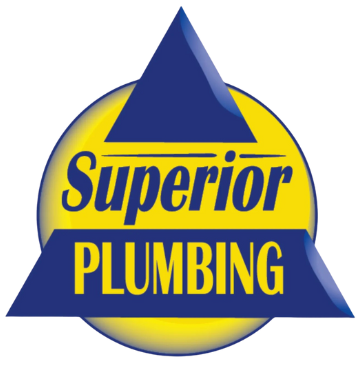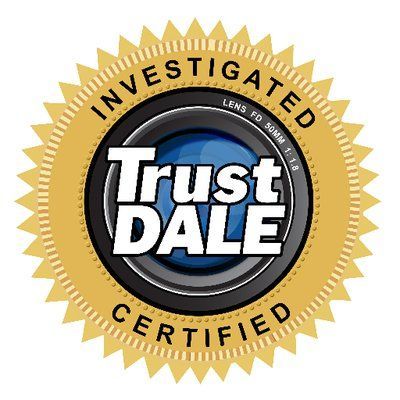
For metro Atlanta homeowners, plumbing problems can be a recurring problem. The region’s hard water, clay and aging infrastructure take a heavy toll on residential systems. If you find yourself dealing with a plumbing issue, understanding the differences between repairs and repiping can provide you with peace of mind. Let’s break down each option so you can make informed decisions when it comes to your plumbing.
Pipe repair vs replacement: What’s the difference?
Typically, pipe repairs are done to fix smaller, less invasive damage. Some of these include:
- Minor leaks and cracks – Can be fixed with Epoxy putty, which hardens to form a seal over the crack or hole
- Loose joints or fittings – Threaded and compression joints can be tightened. Soldered joints must be unsoldered, cleaned and resoldered to form a seal.
- Pinhole leaks in copper pipes – To temporarily fix a pinhole leak, your plumber may use a clamp. For permanent fixes, they may solder a patch over the leaks or seal them with slip couplings.
- Isolated corrosion – Epoxy putty or composite repairs can be done to cover the leak caused by corrosion. Preventative steps may be taken to reduce the risk of future corrosion.
- Minor, infrequent clogs – Plungers and augers are used to dislodge and break apart the blockage.
- Pipe burst – If it’s a single occurrence, pipe bursts can be repaired. This typically involves cutting out the damaged section and replacing it with new piping. The new piping may be added using solder or with slip couplings.
However, if the damage is extensive, repiping must be done to address the issue and prevent further damage from occurring. Some instances where you might need repiping include:
- Regular leaks – When regular leaks occur, it's an indicator that the pipe’s structure has weakened beyond repair.
- Rusty water – Discolored or rusty water is a sign of internal pipe corrosion, which can compromise water quality.
- Extensive corrosion – When corrosion spreads throughout the plumbing system, it weakens the pipes and increases the risk of leaks or bursts, requiring repiping.
- Frequent clogs – Constant blockages suggest buildup or pipe damage that can’t be fixed with routine cleaning, making repiping the most effective option.
- Low water pressure – If you’re consistently having low water pressure, it’s likely a sign of extensive mineral buildup or internal deterioration.
- Age of the pipe – Older pipes naturally wear down over time, and outdated materials like galvanized steel or polybutylene often fail and must be replaced to prevent future issues.
How is repiping done?
Initial inspections
An initial inspection will be done to determine the scope of the project and the extent of the damage. This can help them develop plans for the new pipe layout and ensure the right material is chosen for your home’s needs.
Removal of old pipes
Old pipes are carefully removed by cutting small access holes in the drywall, ceiling, or floor. This is done so plumbers can disconnect the old pipes from the plumbing fixtures easily and with little intrusion.
Installation of new pipes
Once the old pipes are removed, the new ones are installed. It's not uncommon for pipes to be installed in the attic. This allows the plumbers to inspect the pipes and check for leaks before they’re insulated and connected to the fixtures. The new pipes are then connected to the home’s fixtures.
Testing and Cleanup
Plumbers will conduct final tests to ensure the new pipes are working correctly and the water pressure isn’t too low or too high. Any holes that were made during the repiping process will be patched up. Crews will remove protective coverings, clean up any debris that’s left behind.
Expertise matters when it comes to plumbing
Whether your home requires a full repipe or a minor repair, hiring a qualified plumber should always be the top priority. Repiping, in particular, is a complex process that requires an organized crew to complete the job safely and efficiently.
Even small mistakes during a routine repair can cause serious issues down the line. By working with a trusted professional, you can have peace of mind knowing the work is being done to the highest standards and will protect your home from future problems.
Looking for Expert Plumbers? Superior Plumbing Has You Covered!
If you’re a Metro Atlanta homeowner looking for dependable plumbers, the team at Superior Plumbing is ready to help! We proudly serve communities throughout the Atlanta area, including Kennesaw and other parts of Cobb County.
Our team handles everything from pipe repairs to full replacements. Ready to get started? Call us today at 770-422-7586 to schedule a consultation. To learn more about our other services, including sewer and drain repairs, visit our website by clicking the link
here.








